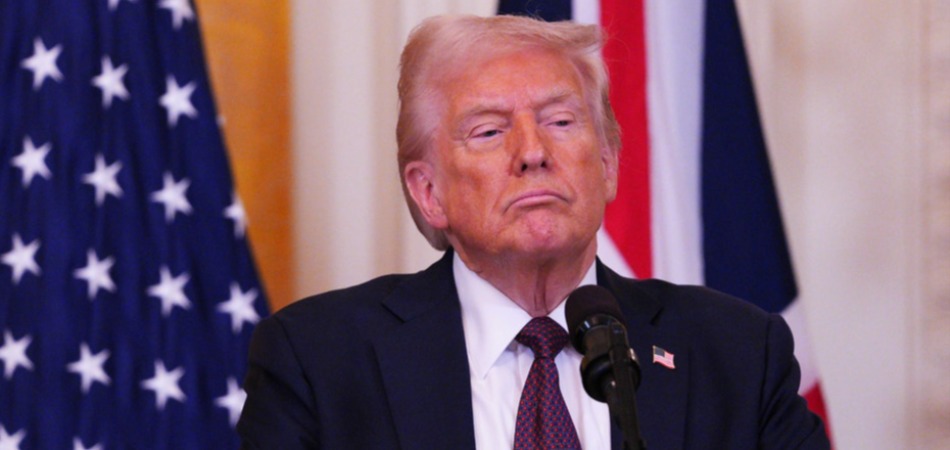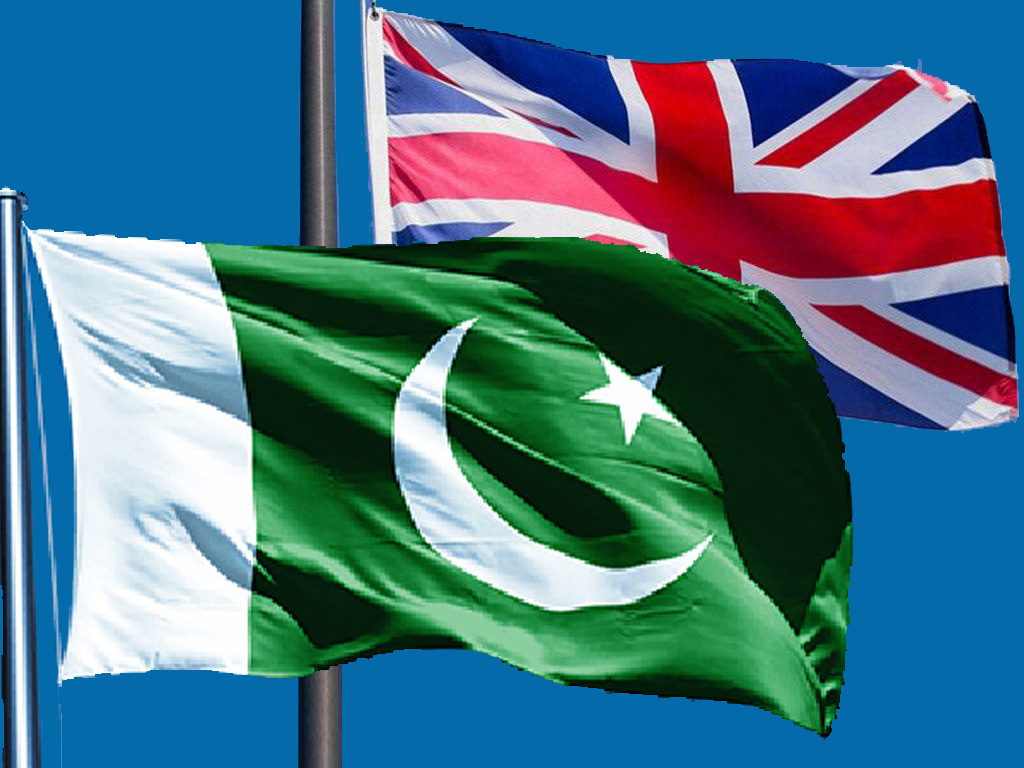Emmanuel Macron: The French vote for Anyone but Le Pen

MG News | May 08, 2017 at 01:40 PM GMT+05:00
Emmanuel Macron, a pro-EU Centrist, has won the French Presidency in a decisive triumph over far-right Front National Party Leader, Marine Le Pen. After his victory, he has promised to unite fractured and divided France by introducing reforms and increasing productivity. The polls in the first round resulted in a 23.8% votes for Macron and a 12.5% for Le Pen. The second round however saw Macron win the Presidency by getting 66% votes giving him a two-third majority in polling results.
After a wave of populist leaders rising to high offices around the world, Emmanuel Macron has come as quite a surprise to the conservative leaning world politics. Emmanuel, 39, a former economy minister under the Valls Cabinet, ran as a neither left nor right candidate under the banner of his lesser known and just a year old political party “En Marche!” A former Civil Servant and an Investment Banker at Rothschild & Cie Banque, Macron will become youngest President in the history of French state since Napoleon.
Although the victory may have been by a majority of two thirds, it was decidedly not a display of universal likeness for Emmanuel Macron. Touted by many as a privileged banker, the French populace does not necessarily agree more with him then they disagree with Le Pen. Many experts claim that Emmanuel may perhaps only have won the election due to general French sentiment of “Anyone but Le Pen”. French were much feared by Le Pen’s rhetoric during the campaign and her future vision for France which resonated more along the lines of Fascism.
The highlights of challenges faced by Macron during the course of his presidency are too many, a divided nation, an anti-establishment-youth, years of low growth, youth unemployment and high inequality. The question yet unanswered is what he will do after being sworn in to the office? The hints at what he aims to do were echoed during his campaign. The promises he made on his campaign include an investment portfolio in energy, technology, expanding job training, cutting school class sizes, restructuring France’s pension system, eliminating the much debated house tax, softening labor laws, tax-breaks to increase jobs in poor neighborhoods and introducing new taxes that hit wealthy property owners’ pockets. As for his plans for his neighbors, he intends to increase cooperation between Germany and France. During his course of campaign, he also intended to pursue greater integration and tax harmonization with member countries of European Union.
However, there is a wide gap between what he may want to do and what he can do. The French are yet to vote in Legislative Elections this year, the result of which will decide whether Macron’s nascent “En Marche!” gets a majority of seats to ensure their policies can be executed. In France, it’s the parliament that passes laws and approves the government policies. But with Front National Party’s best performance so far, it is safe to assume that the parliament will be a messy one.
With a divided nation and a new political party the task of fulfilling on his promises seems an uphill task for President Macron.
Related News
| Name | Price/Vol | %Chg/NChg |
|---|---|---|
| KSE100 | 136,502.54 259.91M |
1.64% 2202.77 |
| ALLSHR | 85,079.90 838.35M |
1.26% 1061.74 |
| KSE30 | 41,552.62 97.27M |
1.81% 738.33 |
| KMI30 | 193,330.76 84.69M |
0.39% 741.60 |
| KMIALLSHR | 56,315.31 366.02M |
0.43% 243.06 |
| BKTi | 38,498.08 37.91M |
4.13% 1526.33 |
| OGTi | 28,138.38 5.66M |
-0.36% -101.89 |
| Symbol | Bid/Ask | High/Low |
|---|
| Name | Last | High/Low | Chg/%Chg |
|---|---|---|---|
| BITCOIN FUTURES | 120,260.00 | 123,615.00 118,675.00 |
1730.00 1.46% |
| BRENT CRUDE | 69.16 | 71.53 69.08 |
-1.20 -1.71% |
| RICHARDS BAY COAL MONTHLY | 97.50 | 0.00 0.00 |
0.25 0.26% |
| ROTTERDAM COAL MONTHLY | 106.50 | 106.60 106.50 |
-2.20 -2.02% |
| USD RBD PALM OLEIN | 998.50 | 998.50 998.50 |
0.00 0.00% |
| CRUDE OIL - WTI | 66.92 | 69.65 66.84 |
-1.53 -2.24% |
| SUGAR #11 WORLD | 16.31 | 16.67 16.27 |
-0.26 -1.57% |
Chart of the Day
Latest News
Top 5 things to watch in this week
Pakistan Stock Movers
| Name | Last | Chg/%Chg |
|---|
| Name | Last | Chg/%Chg |
|---|



